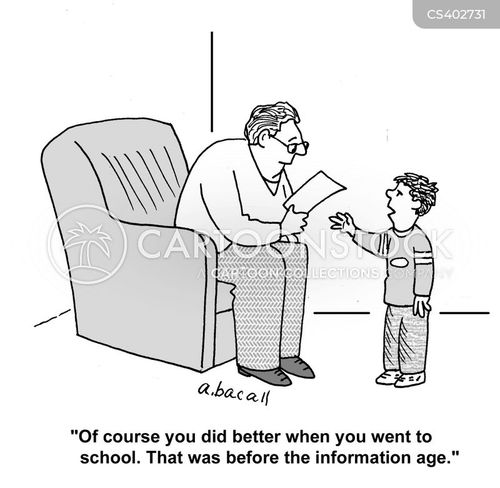 Data appears to be the gold standard these days. As just one example, data drives sports whether professional or junior varsity. NFL players consult their laptops on the sidelines. MLB, always a data greedy sport, uses almost instant data to analyze every aspect of the game. Back in the day, managers would shift their infields based on a hunch. Today infield shifts are much more prevalent because the manager possesses precise and up-to-date data on each opposing player.
Data appears to be the gold standard these days. As just one example, data drives sports whether professional or junior varsity. NFL players consult their laptops on the sidelines. MLB, always a data greedy sport, uses almost instant data to analyze every aspect of the game. Back in the day, managers would shift their infields based on a hunch. Today infield shifts are much more prevalent because the manager possesses precise and up-to-date data on each opposing player.Watching a professional golf tournament on TV is frequently like being in a physics classroom. In addition to the data golfers often referred to ( distances, speed of greens, number of birdies on a particular hole), today's TV viewers know the angle of impact, clubhead speed, trajectory, and distance traveled. All of this almost immediately after the swing.
Unfortunately, the same technology that provides all of this instant information is also being used to spread disinformation.
Back in the day, we would receive detailed information from newspapers which appeared on our doorsteps once a day. We would receive more up-to-date, albeit brief summaries on the radio, and then in the evening, we were able to watch a fifteen-minute TV account of the world and national news. These news sources were held to a standard of truth and fairness. Readers, listeners, and viewers could be reasonably certain of the facts reported. (Of course, even in those days, the question of what to report or not to report was a concern.)
 |
| False on so many levels, but repeated by many. |
And then there are the bots--algorithms designed to send out millions of misleading or false stories. Most recently, Russian bots bombarded US internet users with seemingly scientific information about the evils of the MMR vaccinations. The resulting confusion prevented parents from vaccinating their children, and then the US experienced an unnecessary number of cases of measles.
On the one hand, the Age of Information is the best of worlds in that it allows everyone a voice and makes unlimited amounts of information available to all. The great democratizer. On the other hand, it is the worst of worlds in that it allows almost anyone to spread lies or recruit suicide bombers.
So what's a person to do in this new age?
The rules of navigating this new arena are quite obvious, but a bit cumbersome.
Check the source. If the source of an anti-vax article is an institution that no one has ever heard of, it's probably bogus, but one can always use independent fact-checking sites. The top fact-checking sites are FactCheck.org, Politifact.com, FactChecker.com (Washinton Post), Snopes.com. Images as well can be misleading, and TinEye.com will trace the origin of a particular photograph.
Depend on established news organizations whose reputations depend on getting the story right the first time. NPR, ABC, CBS, or NBC are run by real journalists who get the story corroborated by several sources before publishing it.
Triangulate. If the story is from an unfamiliar source, check to find it in the New York Times, The Hill*, Politico, Axios or other mainstream sources. If you have three respected sources agreeing, the fundamentals of the story are most likely accurate.
Facebook etc. channel information to you based on what you read and send to friends. Therefore one should view items from sources other than those catering to your point of view. You will then be exposed to uncomfortable information with the result that you have to give the issue some serious thought.
Share judiciously. If a news item seems sensational or extreme, don't share it; it's probably not true. Recall those people who shared the false article about Pope Francis endorsing Trump in 2016. You don't want to be one of those people.
 Another challenge of the Information Age is that it threatens our privacy. In order to participate in the advantages of the internet, we have to expose some of our personal information. Fortunately, governments are beginning to demand that internet companies protect our private information.
Another challenge of the Information Age is that it threatens our privacy. In order to participate in the advantages of the internet, we have to expose some of our personal information. Fortunately, governments are beginning to demand that internet companies protect our private information.The Information Age is upon us whether we like it or not. Ignoring it is not an option. We can embrace it and demand that it "do no evil,' and respect our privacy. Not easy, but necessary.
* The Hill, a conservative news organization, has a tendency to report and perpetuate conspiracy theories.
1 comment:
Ron, thanks for the insights. I appreciate your blog. I hope that you continue getting out the info.
Post a Comment